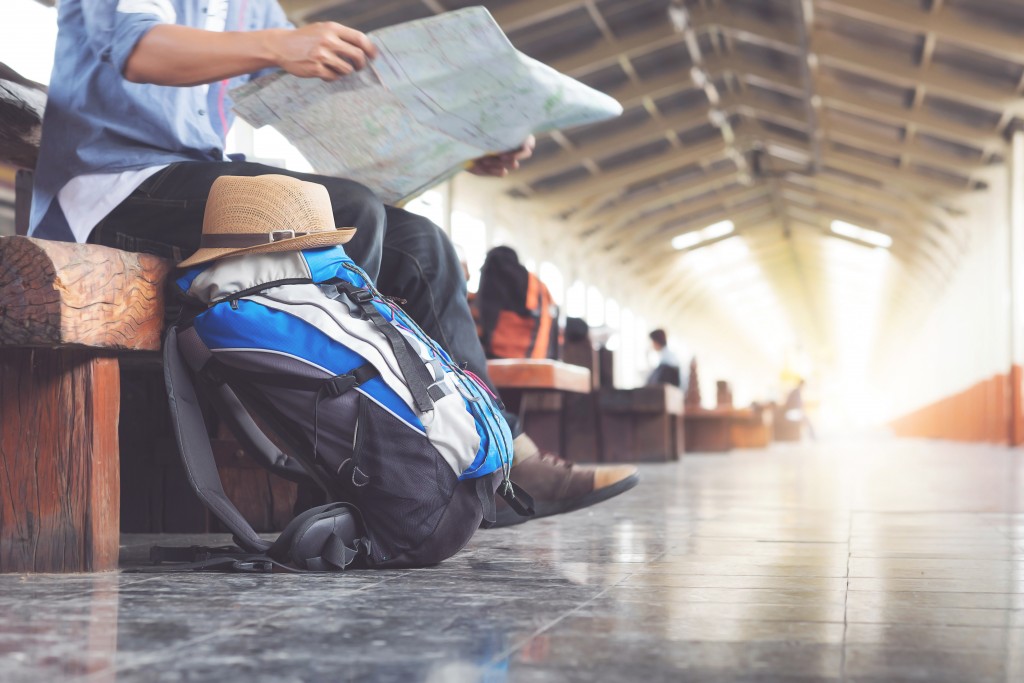5 Essentials When Travelling to Remote Locations

Traveling to remote locations gives adventurers a thrill of a lifetime. However, it also exposes an unprepared traveler to risks and threats. You will need to make enough preparations to keep you alive when going off on an expedition that only a few people have done. If your work or travel desires lead you to explore remote areas, you will need these six tools inside your backpack.
Detailed Research and Map Guide
Explorers did their part in giving us a detailed geographical structure of the world. Modern technology also made it possible for people to get details of specific remote locations. The exploration details give travelers an advantage, making it possible to make the necessary preparations for every trip. However, you should take the things you learned with you before setting off on the potentially dangerous trip.
Carry a map with you to avoid getting lost in remote locations. You will also need to research about the dangers and hazards in the area. You will need to stay away from dangerous animals’ territories in remote areas. If you are going to a place with extreme weather conditions, you need to add multiple layers of clothing. Research is essential in traveling, but it plays a vital role in your survival in remote places.
Satellite Phones
Remote locations are notorious for being out of network coverage area, which means that mobile phones are useless. You will need a phone with a stronger connection when going on the trip. If communication is essential for your research team or friends, you will need to buy a satellite phone. Satellite phones can help you reach loved ones and emergency contacts easier in remote areas. The phones are inexpensive, making it a worthy investment during a trip.
Personal Medication
You must go through physical assessment before going off on a trip to a remote location. Remote areas usually have extreme weather conditions or safety hazards, which will require you to get a doctor’s approval. If you manage to pass an assessment, you must carry your medication with you during the trip.
First-Aid Kit
Hospitals are often inaccessible in remote locations. If there are hospitals nearby, they often have limited resources and a handful of staff. If you are staying in a remote area that’s far away from medical facilities, you will need a bolstered first-aid kit with you. The contents of the kit must include bandages, plasters, disposable sterile gloves, scissors, and other tools necessary to contain injury. If you sustained a major injury during the trip, your first-aid kit will come in handy. Everyone wants to have a safe trip, but carrying a first-aid kit is necessary to avoid serious consequences.
A Way Back Home

Traveling to tourist locations requires you to schedule a two-way flight to get you safely back home. If you miss your flight home, you can easily schedule a one-way flight back without consequences. However, it is necessary to secure your way back home when traveling to remote areas. Remote locations have scarce resources and unpredictable weather changes, which can be unforgiving to the traveler. Missing your flight back home may have severe consequences, so you should find other ways to take you to a more civilized location.
Overcoming challenges is a part of traveling to remote areas. However, you should avoid trying to test your luck. You may find yourself in a life-and-death situation if you go to remote locations without the tools needed for a safe journey.




